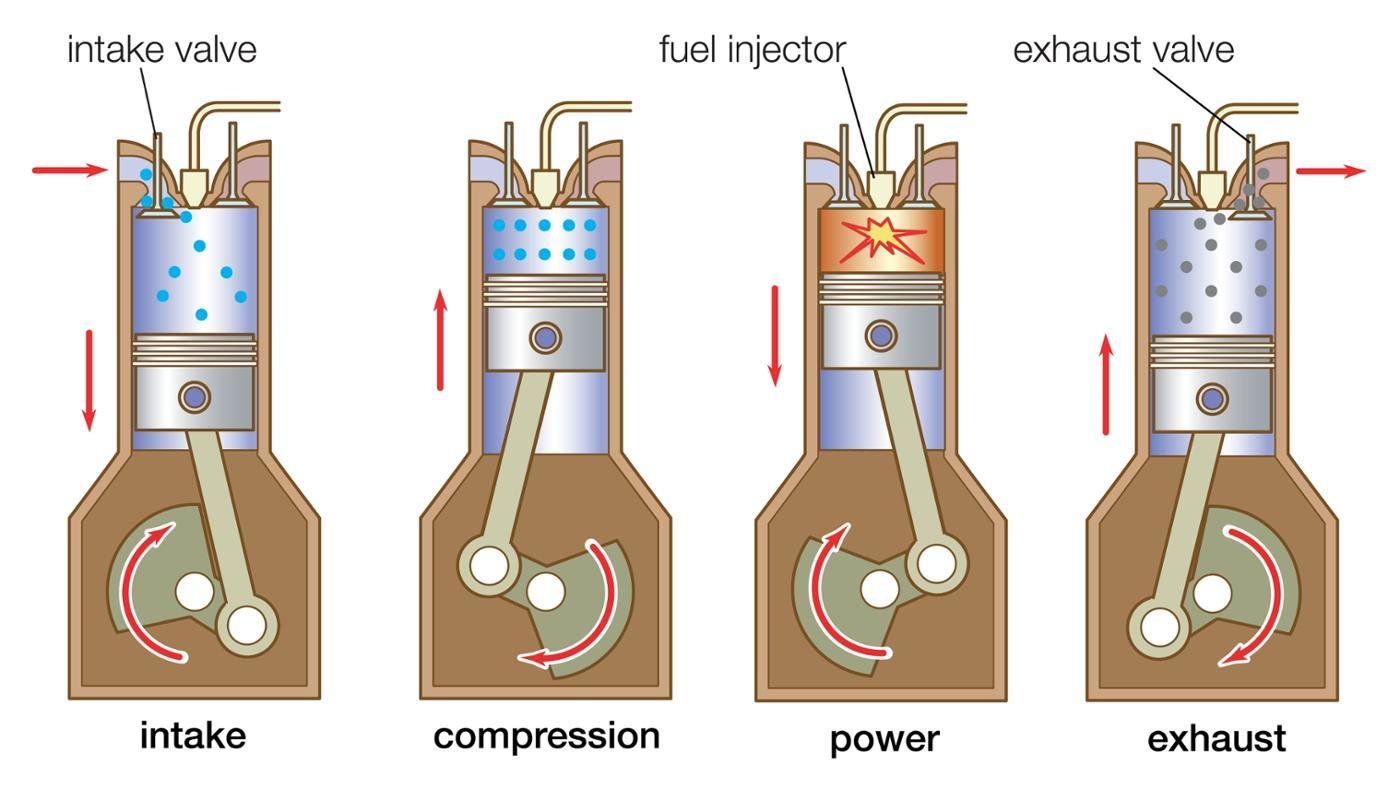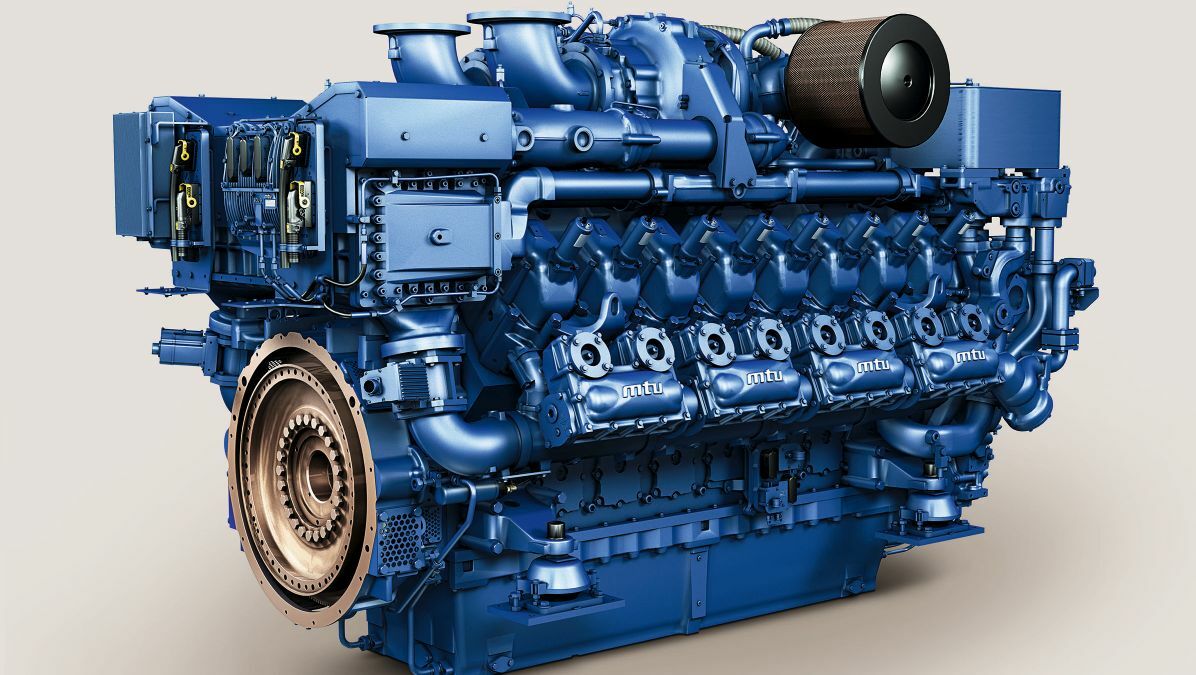A Total Guide to Selecting the Right Engine for Your Project
Picking the suitable engine for your task is a vital choice that can considerably affect its total success. It is important to thoroughly define your project needs, evaluate performance requirements, and think about user-friendliness along with various other important elements. Additionally, understanding the area support available and scrutinizing cost implications can additionally fine-tune your selection. Each of these aspects plays a crucial function in making certain that your chosen engine not only fulfills prompt objectives but additionally lines up with long-lasting desires. As we explore these factors to consider, you might locate that the nuances of each element disclose even more than originally expected.
Specify Your Job Demands
Defining your project requires is an important action in picking the appropriate engine for effective application. An extensive understanding of your project's goals will certainly guide you in recognizing the attributes and abilities needed from an engine. Begin by detailing the scope of your job, consisting of the preferred functionality, target market, and the specific outcomes you aim to accomplish.
Following, take into consideration the technical demands that line up with your project objectives. This includes assessing the compatibility of the engine with existing systems, along with the programs languages and frameworks that will be made use of. Additionally, evaluate the degree of scalability required to suit future development or changes in need.
Budget plan restraints likewise play a crucial role in defining your project requires. Establish a clear financial framework to assist your decision-making procedure, ensuring that the engine picked fits within your budget while supplying the necessary capability.
Evaluate Performance Needs

Engines that support straight scaling are frequently preferable for larger applications. Furthermore, assess the engine's efficiency under various problems, such as peak usage circumstances, to guarantee it satisfies your reliability standards.
Think About Convenience of Usage
While technological specifications are vital, the convenience of usage of an engine can considerably affect the advancement procedure and total project success. An user-friendly interface, clear paperwork, and structured process can drastically reduce the knowing curve for developers, enabling them to focus on creativity and problem-solving rather than grappling with facility devices.
When reviewing an engine's convenience of usage, think about the onboarding experience. A well-structured introduction, complete with tutorials and example tasks, can assist in a smoother shift for new users. Additionally, the quality and comprehensiveness of the engine's documents play an essential duty; detailed guides and API recommendations can empower programmers to fix and execute features successfully.
An additional aspect to consider is the engine's personalization abilities. An engine that permits very easy adjustments can be more straightforward, as programmers can customize it to fit their certain demands without substantial headache. Examine the workflow combination with devices and platforms you already make use of. A cohesive environment can enhance efficiency and reduce friction throughout the development process. Inevitably, choosing an engine that prioritizes convenience of use can cause an extra pleasurable and effective advancement experience.
Assess Area and Assistance
The strength of an engine's neighborhood and support network can considerably affect a programmer's experience and success. A vibrant community frequently suggests a riches of shared understanding, resources, and troubleshooting support that can improve your job's advancement process. When evaluating an engine, consider the size and activity level of its community. Larger neighborhoods commonly offer much more forums, tutorials, and third-party plugins, making it possible for developers to discover options more successfully.
Furthermore, assess the availability of official assistance networks. Trusted documents, responsive customer assistance, and regular updates are necessary for addressing technical issues and keeping your job on track. Engines For Africa. Energetic communities likewise promote collaboration, supplying chances for networking and comments, which can be indispensable, especially for independent designers or small teams
Furthermore, check out the visibility of community-run events, such as meetups or hackathons. These events can improve your understanding of the engine while attaching you with skilled users and possible collaborators. In summary, a durable area and support group not just improve advancement yet also produce a setting for learning and innovation, eventually improving the likelihood of your project's success.
Compare Price and Licensing Alternatives
Budget plan considerations play a vital role in choosing the right engine for your job, as the expense and licensing options can substantially affect both short-term expenses and long-term feasibility. Engines For Africa. Various engines offer varying prices structures, which can consist of single purchase charges, registration designs, or revenue-sharing agreements based on your task's incomes

Licensing alternatives additionally differ dramatically. Some engines are open-source, supplying adaptability and community-driven assistance, while others may need exclusive licenses that restrict use and distribution. Recognizing the ramifications of each licensing version is essential, as it influences possession civil liberties, future scalability, and potential lawful obligations.
Verdict
Finally, selecting the suitable engine for a task necessitates a complete assessment of specified job go to website needs, efficiency needs, convenience of usage, neighborhood assistance, and cost factors to consider. By systematically resolving these vital aspects, decision-makers can make sure alignment with both future and current project demands. A well-informed choice ultimately improves the likelihood of task success, enabling effective source allotment and taking full advantage of potential end results within the defined monetary constraints.
Choosing the proper engine for your job is an important decision that can dramatically influence its total success.Specifying your job needs is a vital step in selecting the ideal engine for effective execution. A thorough understanding of your task's objectives will lead you in recognizing the features and capabilities called for from an engine.When you have a clear understanding of your task needs, the following step is to examine the performance demands of the engine.In final thought, selecting the proper engine for a project requires a detailed assessment of specified project needs, performance requirements, convenience More Help of usage, community find more info support, and price factors to consider.